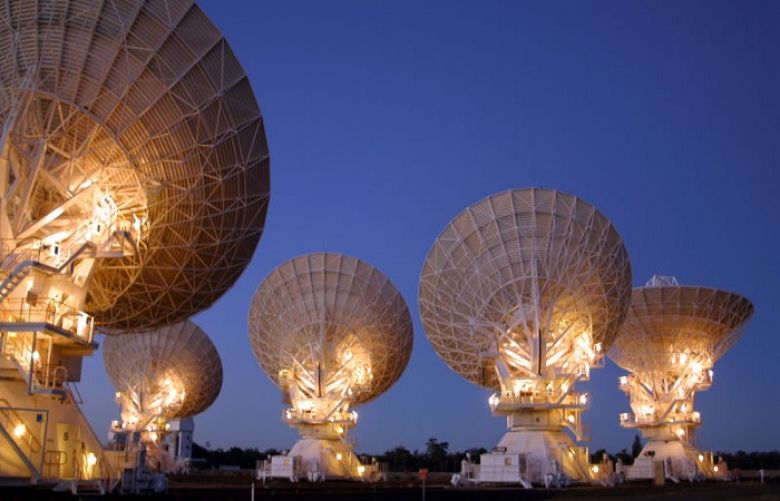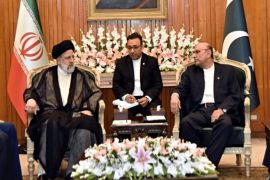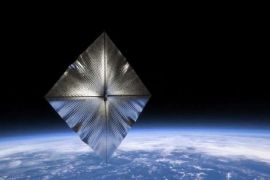In an effort to stimulate job growth and innovation, the federal government of Australia has announced that it will establish the country’s very first space agency.
Australia is one of the only developed countries in the world without a national space agency, but that’s now set to change with an announcement made on Monday local time. Details are still sparse, but Australia’s federal government says the new agency will create thousands of jobs and allow the country to tap into the AUD $420 billion (USD $334 billion) global aeronautics industry. Further details will be disclosed later this week at the 68th International Astronautical Congress being held in Adelaide.
Speaking to reporters earlier today, acting Industry Minister Michaelia Cash said the new agency won’t be as ambitious and far-reaching as NASA, but an agency “right for our nation, right for our country.”
A recent review of Australia’s space industry capability overwhelmingly showed the need for a national agency. Australia’s space sector, which includes small satellite manufacturing, aeronautics software development, and telecommunications, is estimated to be worth about AUD $4 billion (USD $3.1 billion) per year, and it employs about 11,500 workers. The global industry has grown about 10 percent annually since the late 1990s, and Australia has finally decided to join in.
“A national space agency will ensure we have a strategic long-term plan that supports the development and application of space technologies and grows our domestic space industry,” said Cash. “The agency will be the anchor for our domestic coordination and the front door for our international engagement.”
The plan is to double the size of Australia’s current space capacity within five years and add thousands of new jobs. Importantly, the move will also reduce the country’s dependence on other countries.
“We have longstanding ties with NASA, exploring space together and generating all of these jobs. And that’s the key point of [the plan], it is a jobs industry-first agency,” astrophysicist Alan Duffy told ABC’s News Breakfast.
“It’s designed to create satellites and new uses for the images that come from those satellites, and I don’t mean giant, bus-sized satellites of the ‘60s and ‘70s. Thanks to smartphones something the size of a toaster has the same capabilities as some of these historic launches. So we get to space cheaper and we can do more when we’re there.”
A working group is expected to submit a report on the scope and structure of the agency by March 2018.







